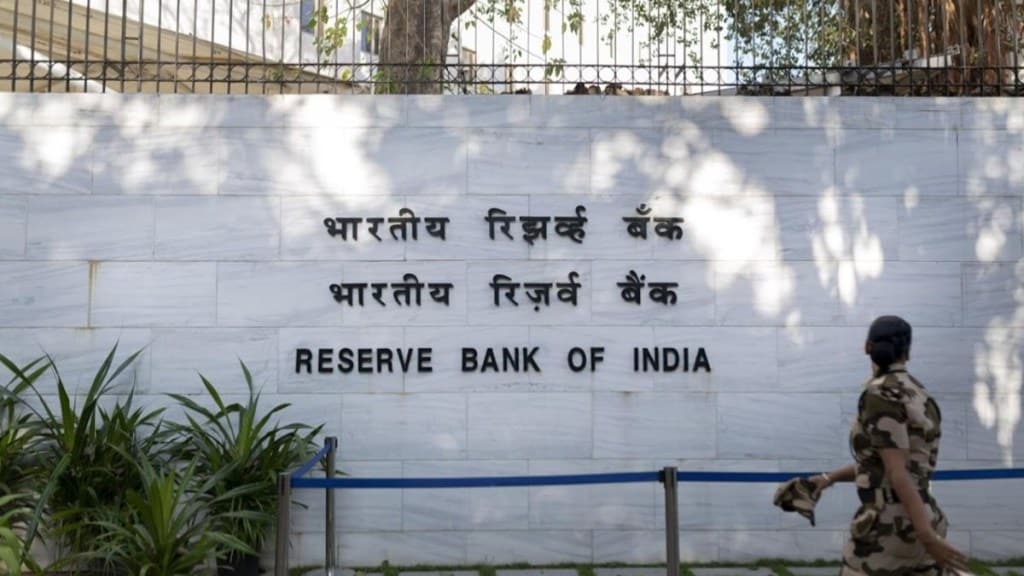European banks in India will continue to transact with local clearing houses even after the deadline for an agreement between the European Securities and Markets Authority (ESMA) and the Reserve Bank of India (RBI) expires this month. ESMA has not stipulated any fresh deadline for the agreement on the oversight of local clearing houses, and the discussions between ESMA and RBI will continue.
The absence of an agreement had earlier threatened to disrupt the operations of the European bank. The RBI is expected to continue to prevail on ESMA, asking it to remove the ‘extra-territorial’ element from its laws. ESMA has been asking for powers to inspect Indian clearing corporations but this is not acceptable to the RBI and the regulator has so far resisted granting it these supervisory powers.
ESMA had withdrawn recognition from six Indian central counterparties, effective May 2023. Government-level talks between the European Union and India will also be pursued.
Meanwhile, European banking entities operating in India – BNP Paribas, Societe Generale, Deutsche Bank – need not make any special provisions with Indian custodians. These foreign banks will explore alternative arrangements and probably use local Indian banks as go-betweens although that will increase their cost of operations, experts believe. Such arrangements, with multiple entities, would take time to be finalised, they pointed out.
The domestic clearing houses that had been identified for de-recognition by ESMA include Clearing Corporation of India, Indian Clearing Corp, India International Clearing Corp, NSE Clearing, NSE IFSC Clearing Corp and Multi Commodity Exchange Clearing Corp. Four years after the global financial crisis in 2008, the EU rolled out the European Market Infrastructure Regulation (EMIR) to improve transparency and reduce risks in over-the-counter derivatives. Under the EMIR, central counterparties — also called clearing houses — servicing European banks in other jurisdictions must be approved by ESMA.

